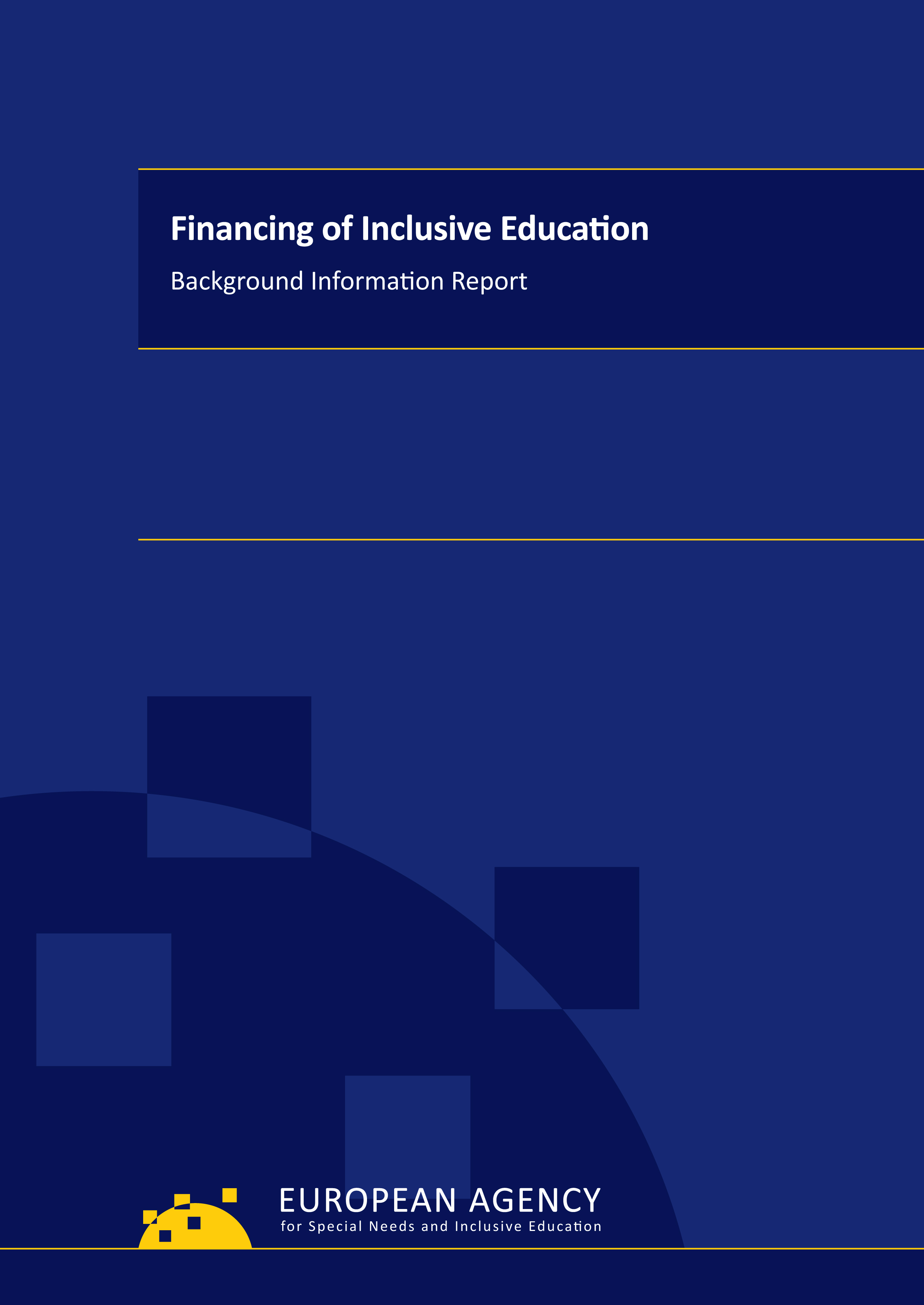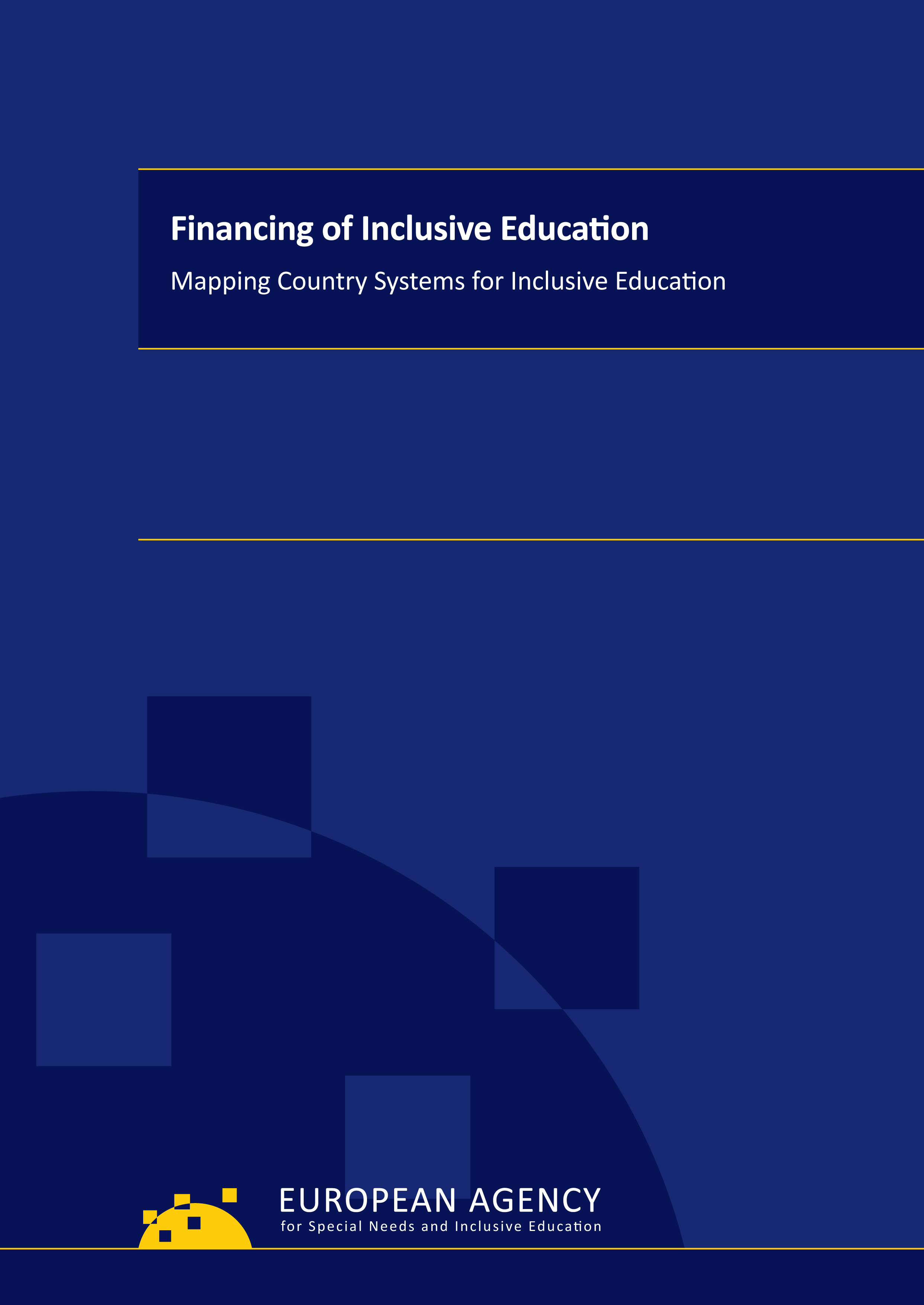Welcome to the Financing of Inclusive Education project area!
The Financing of Inclusive Education - Mapping Country Systems for Inclusive Education project activities (2014–2015) have focused on information collection via desk research and country data gathering in order to provide an update on the previous Agency financing study from 1999, as well as build on the findings of other Agency and international work.
The key question for the project was: what are the critical factors within financing that support learners’ rights to inclusive education.
Project framework
Modes of funding play a key role in implementing the right to education for learners with special educational needs and/or disabilities and in developing inclusive education systems. Modes of funding can create incentives or disincentives for investing in inclusive education.
Funding issues that appear to impact upon inclusive education systems include:
- the conceptual approach to special educational needs and/or disability taken in countries;
- the level of centralisation or decentralisation of education systems;
- the ability of the funding mechanism in operation to support schools’ effectiveness.
These and other key issues have been explored in the project activities.
Participants and target group
Croatia, Estonia, Finland, Italy, Latvia, Lithuania, Luxembourg, Malta, Netherlands, Norway, Poland, Portugal, Slovenia, Sweden, Switzerland, UK England, UK Scotland and UK Wales have participated in the project activities.
The main target group for final project outcomes are policy makers for inclusive education, working at national and European levels. However, it is anticipated that the information from this project is likely to be of high interest to researchers and organisations working in the field of inclusive education.
Aims
The analysis of information from project activities has had the following aims:
- to provide a mapping of country approaches to inclusive education linked to particular funding mechanisms;
- to identify critical factors within modes of funding that support access to inclusive education, without discrimination and on the basis of equal opportunity.
Project activities and outputs
The basic methodology for the project was information collection and analysis through desk research.
Two main project activities were implemented:
- Background Information Report - information from other Agency projects has been used as a starting point for developing a comprehensive review of available research and policy information from European and international organisations, as well incorporating relevant research literature from Agency member countries.
- Country information collection using a template of questions for country reports. The country reports have addressed the following six key issues:
- Does supplementary expenditure support inclusive education?
- Do funding mechanisms support inclusive education?
- Do modes of funding support capacity building of school staff?
- Do governance procedures support co-ordinated provision?
- Does financing of inclusive education support the right to education and social participation?
- Do monitoring and accountability mechanisms support effective and cost-effective inclusive education policies?
- The final project report presents a synthesis for the main project findings.
The findings of the Financing project provide the basis for the analytical work on financing models in countries within the Financing Policies for Inclusive Education Systems (FPIES) project.

